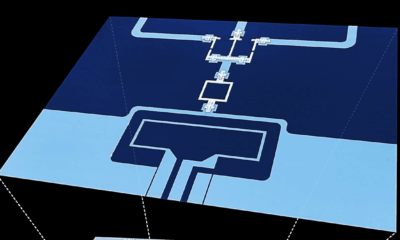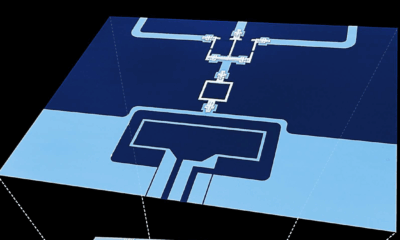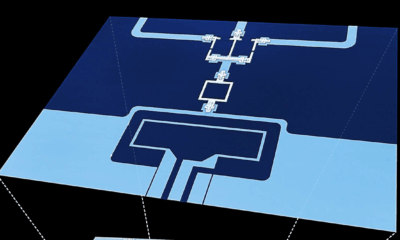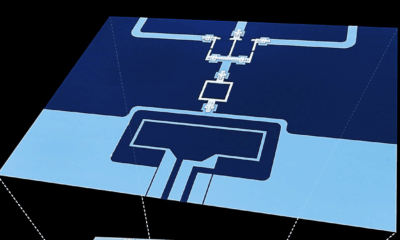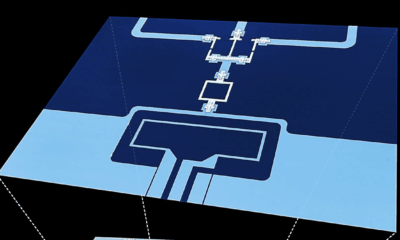Science
Nobel Prize in Physics Honors Pioneers of Quantum Technology
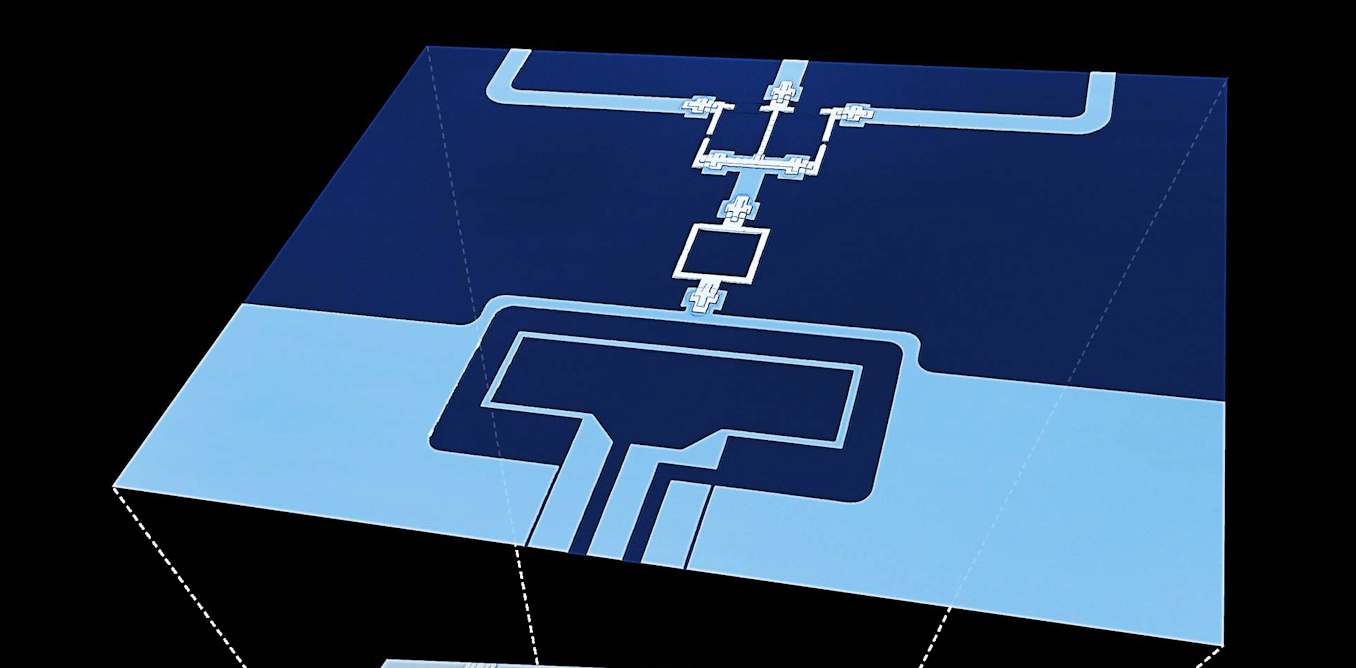
The 2025 Nobel Prize in Physics has been awarded to three scientists for their groundbreaking research in ultracold electronics, which has significantly advanced the field of quantum technology. The laureates, John Martinis, Michel Devoret, and John Clarke, demonstrated that superconducting circuits can exhibit quantum behavior, paving the way for practical applications in quantum computing.
Quantum mechanics explores the unusual properties of microscopic particles, and harnessing these properties for computation opens doors to solving complex problems in fields such as chemistry and cryptography. Traditional computers struggle with these challenges due to the vast number of potential solutions, but quantum computing leverages quantum bits, or qubits, to provide powerful computational capabilities. The work of the Nobel laureates confirmed the potential of superconducting circuits as a viable platform for developing these technologies.
Revolutionizing Quantum Understanding
The pivotal research conducted by Martinis, Devoret, and Clarke in the 1980s revealed that even large electrical circuits, made from materials such as niobium and lead, can display quantum properties when cooled to near absolute zero. Their findings showed that superconductors, which carry current without generating heat, operate under the principles of quantum mechanics. This means that such circuits can have quantized energy levels and exist in superpositions of multiple states, making them invaluable for various applications.
Today, superconducting circuits are instrumental in studying fundamental quantum physics, simulating other physical systems, and enhancing precision in measurement protocols. For example, the Devoret group has recently developed a highly efficient microwave amplifier utilizing superconducting technology, which has applications in communications and scientific instruments.
Advancing Quantum Computing
Superconducting circuits serve as a foundation for quantum computing, where multiple quantum systems can interact and become entangled, functioning as a single entity. This entanglement, combined with quantization and superposition, provides the unique power of quantum computers. Researchers use qubits, which can exist in only two states, to perform computations. For effective quantum computing, qubits must be coherent, controllable, and scalable.
While several technologies show promise for quantum computing, such as trapped ions and photons, superconducting circuits stand out due to their flexibility. Researchers can adjust circuit designs to achieve desired qubit behaviors while maintaining predictability. This adaptability is crucial as it allows for easier control and scaling, essential for developing large-scale quantum processors.
The contributions of Martinis, Devoret, and Clarke extend beyond their initial discoveries. Martinis previously led the quantum processor project at Google and currently runs his own company, while Devoret continues to support Google’s initiatives. Clarke, now retired, has also dedicated much of his later career to quantum circuits, influencing numerous researchers in the field.
As the scientific community celebrates the achievements of these Nobel laureates, their legacy will continue through the ongoing work of researchers they have trained. The impact of their discoveries is profound, shaping the future of quantum technology and opening new avenues for exploration in physics and computing.
-

 World1 week ago
World1 week agoPrivate Funeral Held for Dean Field and His Three Children
-

 Top Stories2 weeks ago
Top Stories2 weeks agoFuneral Planned for Field Siblings After Tragic House Fire
-

 Sports3 months ago
Sports3 months agoNetball New Zealand Stands Down Dame Noeline Taurua for Series
-

 Entertainment3 months ago
Entertainment3 months agoTributes Pour In for Lachlan Rofe, Reality Star, Dead at 47
-

 Entertainment2 months ago
Entertainment2 months agoNew ‘Maverick’ Chaser Joins Beat the Chasers Season Finale
-

 Sports3 months ago
Sports3 months agoSilver Ferns Legend Laura Langman Criticizes Team’s Attitude
-

 Sports1 month ago
Sports1 month agoEli Katoa Rushed to Hospital After Sideline Incident During Match
-

 World2 weeks ago
World2 weeks agoInvestigation Underway in Tragic Sanson House Fire Involving Family
-

 Politics2 months ago
Politics2 months agoNetball NZ Calls for Respect Amid Dame Taurua’s Standoff
-

 Top Stories2 weeks ago
Top Stories2 weeks agoShock and Grief Follow Tragic Family Deaths in New Zealand
-

 Entertainment3 months ago
Entertainment3 months agoKhloe Kardashian Embraces Innovative Stem Cell Therapy in Mexico
-

 World4 months ago
World4 months agoPolice Arrest Multiple Individuals During Funeral for Zain Taikato-Fox



